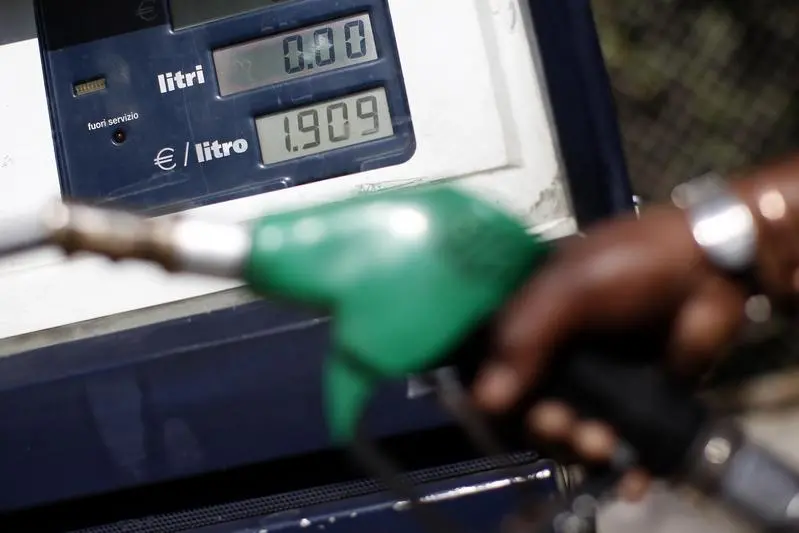PHOTO
KUWAIT, Dec 8 (Reuters) - Kuwait may raise the corporate tax rate to 10 percent for local firms and impose limits on energy subsidies, the commerce minister told a local newspaper on Tuesday, part of a broad move to introduce fiscal reforms amid pressure from low oil prices.
Corporate taxes, currently levied at different rates for local and foreign companies, could rise to 10 percent, Minister of Commerce and Industry Yousuf al-Ali told al-Anba newspaper.
"Initial ideas being tossed around are that it will be up to 10 percent. There are companies in the market now paying up to 4.5 percent that will see their taxes rise a little to 10 percent," Ali said.
Gulf countries have been studying various reforms to help boost revenue and cut spending, including changes to their generous welfare states, aimed at closing fiscal shortfalls created by lower oil prices.
Kuwait's budget deficit for the 2015-16 financial year is projected to be 8.18 billion dinars ($26.94 billion).
At present, most Kuwaiti companies do not pay taxes on income, although some firms must pay an employment tax and make mandatory contributions for zakat, or Islamic alms, and for a scientific research foundation.
Foreign firms pay a levy on commercial activities in the country at a flat rate of 15 percent, already slashed from an earlier maximum rate of 55 percent in reforms introduced in 2008.
Kuwaiti ministers have said previously they were studying proposals to harmonise tax rates for local and foreign firms, but have not previously provided figures or a timeline for implementation.
There are currently no plans under consideration to introduce an income tax for individuals, Ali said.
Ali also said a rationing system would be introduced to cut down on subsidies provided for energy consumption, following an Oct. 27 call by the emir to cut state spending in response to slumping oil prices.
"Support for citizens continues, but this support will be rationed," he said. "For example, there will be cuts in the support for energy consumption, and if people exceed their rations then the price will change."
($1 = 0.3036 Kuwaiti dinars)
(Reporting by Ahmed Hagagy; Writing by Katie Paul) ((Katie.Paul@thomsonreuters.com;))
Corporate taxes, currently levied at different rates for local and foreign companies, could rise to 10 percent, Minister of Commerce and Industry Yousuf al-Ali told al-Anba newspaper.
"Initial ideas being tossed around are that it will be up to 10 percent. There are companies in the market now paying up to 4.5 percent that will see their taxes rise a little to 10 percent," Ali said.
Gulf countries have been studying various reforms to help boost revenue and cut spending, including changes to their generous welfare states, aimed at closing fiscal shortfalls created by lower oil prices.
Kuwait's budget deficit for the 2015-16 financial year is projected to be 8.18 billion dinars ($26.94 billion).
At present, most Kuwaiti companies do not pay taxes on income, although some firms must pay an employment tax and make mandatory contributions for zakat, or Islamic alms, and for a scientific research foundation.
Foreign firms pay a levy on commercial activities in the country at a flat rate of 15 percent, already slashed from an earlier maximum rate of 55 percent in reforms introduced in 2008.
Kuwaiti ministers have said previously they were studying proposals to harmonise tax rates for local and foreign firms, but have not previously provided figures or a timeline for implementation.
There are currently no plans under consideration to introduce an income tax for individuals, Ali said.
Ali also said a rationing system would be introduced to cut down on subsidies provided for energy consumption, following an Oct. 27 call by the emir to cut state spending in response to slumping oil prices.
"Support for citizens continues, but this support will be rationed," he said. "For example, there will be cuts in the support for energy consumption, and if people exceed their rations then the price will change."
($1 = 0.3036 Kuwaiti dinars)
(Reporting by Ahmed Hagagy; Writing by Katie Paul) ((Katie.Paul@thomsonreuters.com;))





















